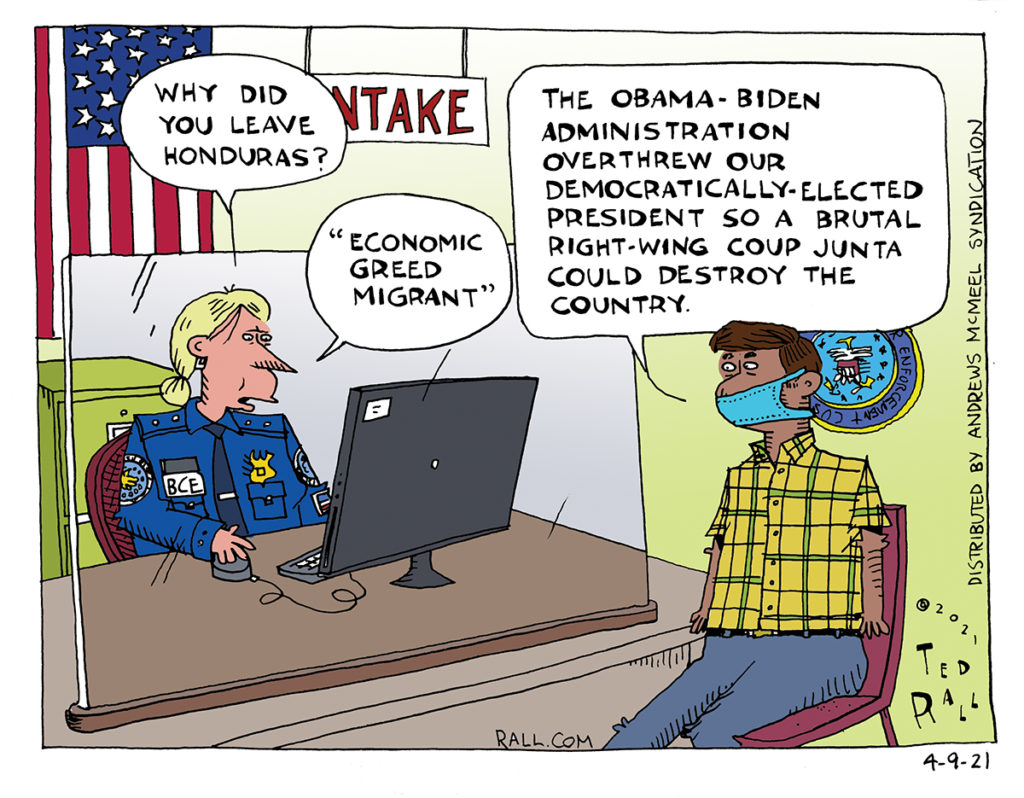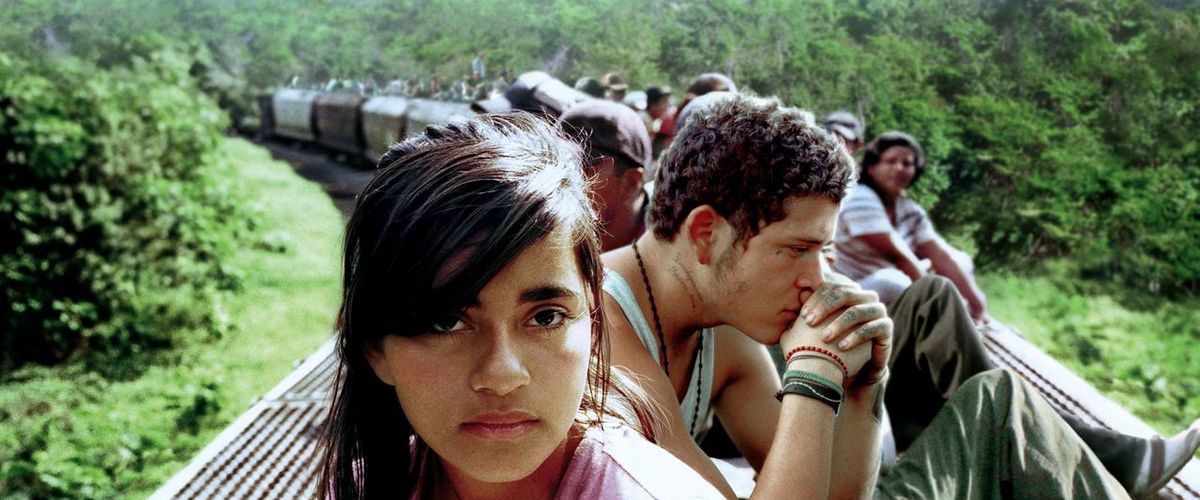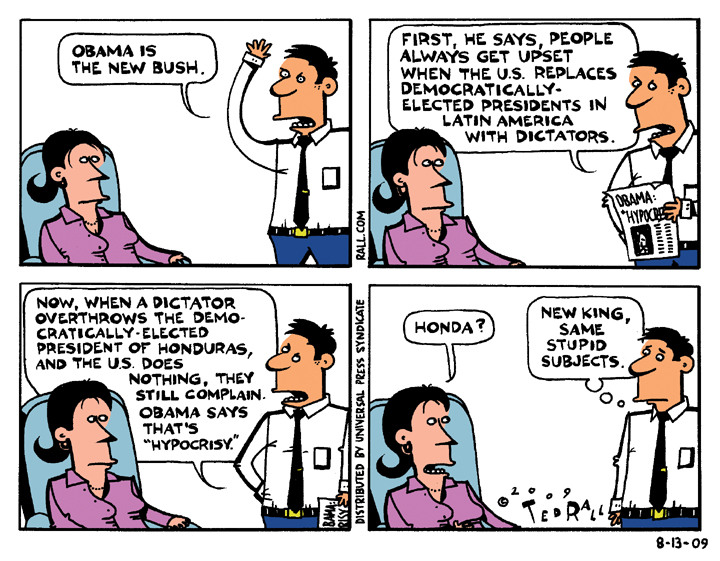Joe Biden is throwing America open to any Ukrainian who wants to come here, but even if you’ve been waiting for years to cross the southern border as a refugee because the United States overthrew and destroyed your home country’s democratically elected government, you need not apply. Simultaneous terrorist attacks throughout Afghanistan paint an ominous portrait of renewed civil conflict in a country that is suffering from 97% mass starvation due to White House policies. Johnny Depp’s extraordinary courage testifying to being abused by his mother and his ex-wife Amber Heard prompt a discussion about the hidden epidemic of American men abused by women. Check out this week’s DMZ America podcast with political cartoonists Ted Rall and Scott Stantis.





